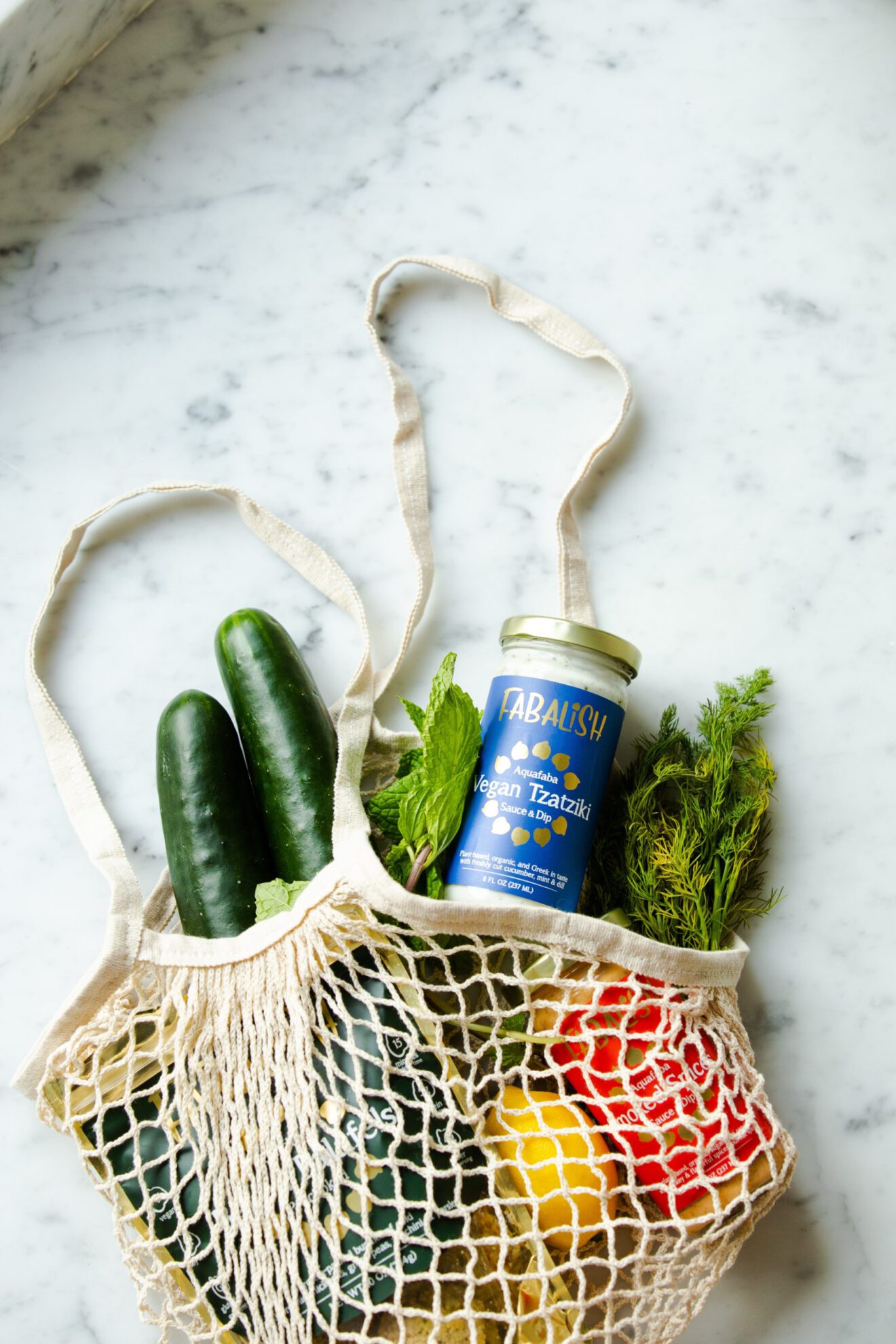Emerging from a year defined by a global pandemic, broadening and emphatic demands for social justice, political turmoil and a spotlight on climate change renewed by ever-more catastrophic natural disasters, sustainability is the cultural value and moral imperative of our time.
The question is: What is your business going to look like by the end of the year and what sustainable trends are coming to the forefront of mainstream consumers’ behaviors that will impact your business?
Even before the pandemic, Hartman Group research found that consumer sustainability concerns and beliefs — especially those linking to environmental responsibility — were emerging as true motivators to action among mainstream consumers rather than the “bonus” supporting role such worries have long played.
In a major shift, and as observed in our most recent report on the topic (Sustainability: Beyond Business as Usual), consumers reported the environment as their major reason for purchasing sustainable or socially responsible products.
Previously, this motivation was limited to only the most engaged consumers, with others focused on personal benefits first and the environment second. Measured quantitatively, that research found 51% of consumers saying they purchase sustainable products because they are better for the earth/environment, up 19 percentage points from 2017.
A shifting sense of responsibility
Sustainability is shorthand for a complete moral system of cultural values, beliefs and attitudes related to a sense of responsibility for the greater good. Who do consumers think bears the most responsibility for making our world more sustainable?
Heightened challenges and institutional inaction fuel hunger for progress. Equipped with this belief system, the landscape of responsibility is cast in a new light. Consumers increasingly hold businesses and government to account. In a marked change, consumers’ sense that individuals bear the most responsibility for sustainability has receded as more have recognized the need for collective action.
As a result, many are turning their attention to what other actors can do at a larger scale. In the absence of government regulation (which is broadly supported), consumers hold companies responsible for developing solutions to the sustainability issues consumers view them as having created: reliance on plastics, polluted water and land, and labor inequities.
Sustainability trends that will change your business in 2021 — and beyond
Engaging with sustainability as a complete moral system — rather than a series of certifications or checkboxes — has important implications for consumer packaged goods, and the food and beverage industry more broadly.
Companies are confronted by higher stakes in developing, executing and communicating their sustainability efforts — setting your sights too low, failing to follow through or misreading consumer sentiment are all potential pitfalls with reputational risk.
In early fall 2021, The Hartman Group will publish its latest forward-looking research that explores and addresses the food and beverage industry’s key sustainability issues of the day.
Sustainability 2021 will update how consumers are reconsidering what sustainability means to them, how different components of sustainability affect them personally, and who they hold responsible for addressing these challenges. Stay tuned as this story continues to be written.
Related stories:
- Energy drinks attract consumers with better-for-you ingredients
- The food retail workforce: Where the industry stands
- Kids food, beverage brands focus on taste, nutrition
As CEO of The Hartman Group, Demeritt drives the vision, strategy, operations and results-oriented culture for the company’s associates as The Hartman Group furthers its offerings of tactical thinking, consumer and market intelligence, cultural competency and innovative intellectual capital to a global marketplace.
________________________________________________
If you enjoyed this article, you can sign up for the Cultural Intelligence SmartBrief, Restaurant SmartBrief or FMI dailyLead to get news like this in your inbox. For even more great news content, sign up for any of SmartBrief’s 275+ free email newsletters today, free.
